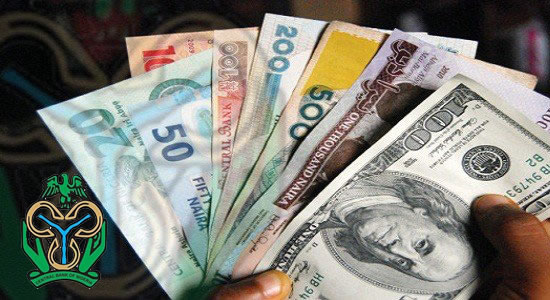Britain’s export finance agency will add the Naira to its list of “pre-approved currencies”, allowing it to provide financing for transactions with Nigerian businesses denominated in the local currency. The Naira will become one of three West African currencies that UK Export Finance has pre-approved for its programme of funding transactions that promote trade with Britain, it said.
Britain voted to leave the European Union in 2016, which has forced London to rethink its trade ties with the rest of the world. It has said it would start preliminary talks with India about an eventual bilateral trade deal.
The United Kingdom and the EU struck an agreement in December that opened the way for talks on future trade ties.
“This is a clear indication of how much value the UK places on its relationship with Nigeria.
It will provide a firm foundation for a significant increase in trade and investment between both countries.” the British High Commissioner to Nigeria, Paul Arkwright.
The statement said the UK would provide up to 85 per cent of funding for projects containing a minimum of 20 percent British content.
“The Naira financing will follow the same structure as someone buying in sterling, except that Nigerian firms taking out a loan in local currency can benefit from a UK government-backed guarantee.
“This can enable businesses to manage foreign exchange risks and, many times, to negotiate better terms with local banks.
From a chaotic foreign exchange system in the first half of 2017, due to the activities of speculators, currency traffickers among others, which saw the naira dropping to as low as N525 to a dollar, the naira has since stabilised at N360 to a dollar across various segments of the forex market.
The stability was majorly driven by a raft of forex policies that were introduced by the Central Bank which included the I & E window.
The surge in activities at the window had been attributed to offshore investor interest in treasury bills and the primary market auctions (PMA) by the CBN, with the resulting inflows leading to a convergence between the parallel market exchange rate and the Nigerian Autonomous Foreign Exchange Market (NAFEX) rate, also known as the I&E Forex window.
Most activities now occur on the I&E window, with Fitch Ratings recently acknowledging that the rate on the I&E “should now be considered the relevant exchange rate”.



















